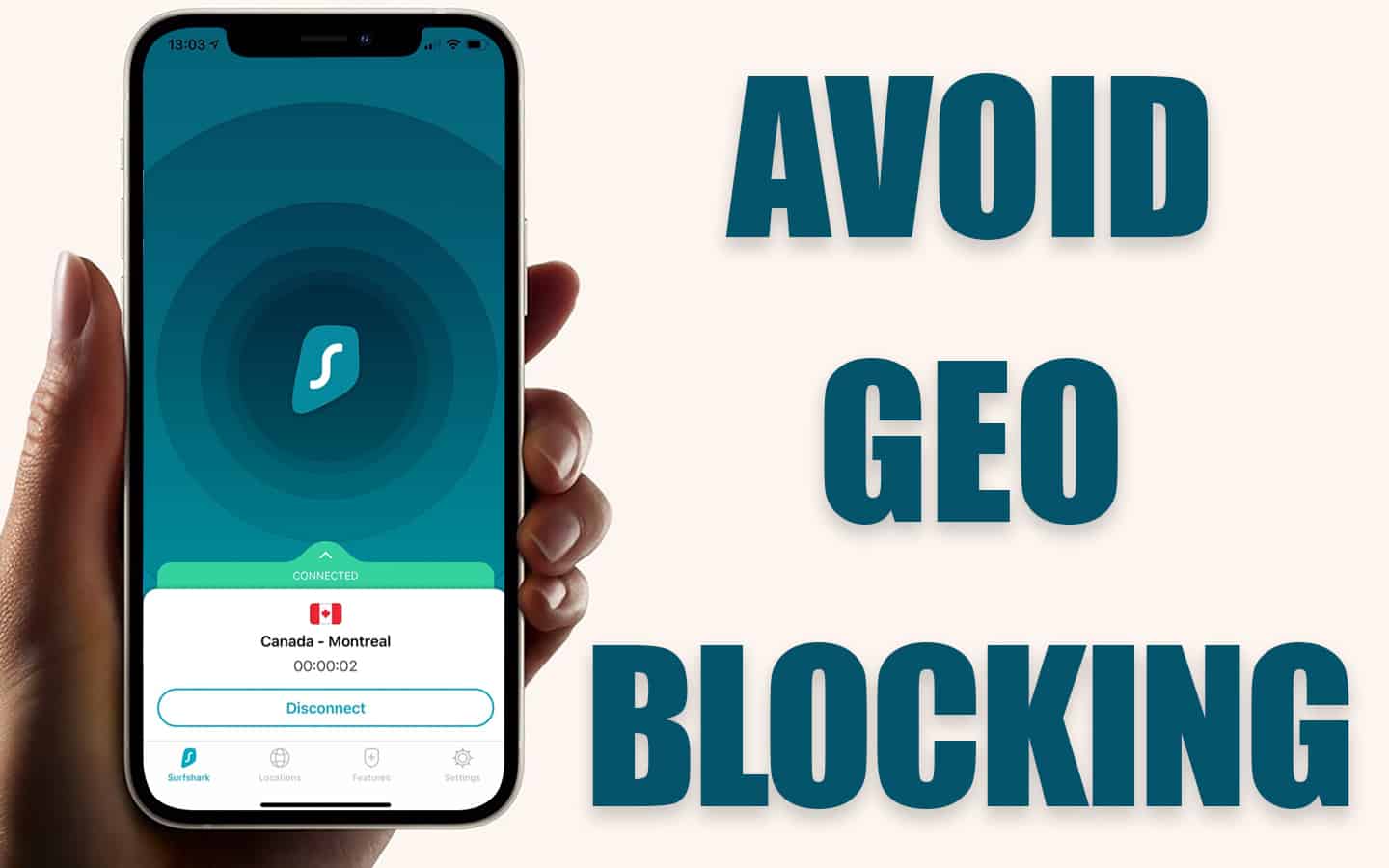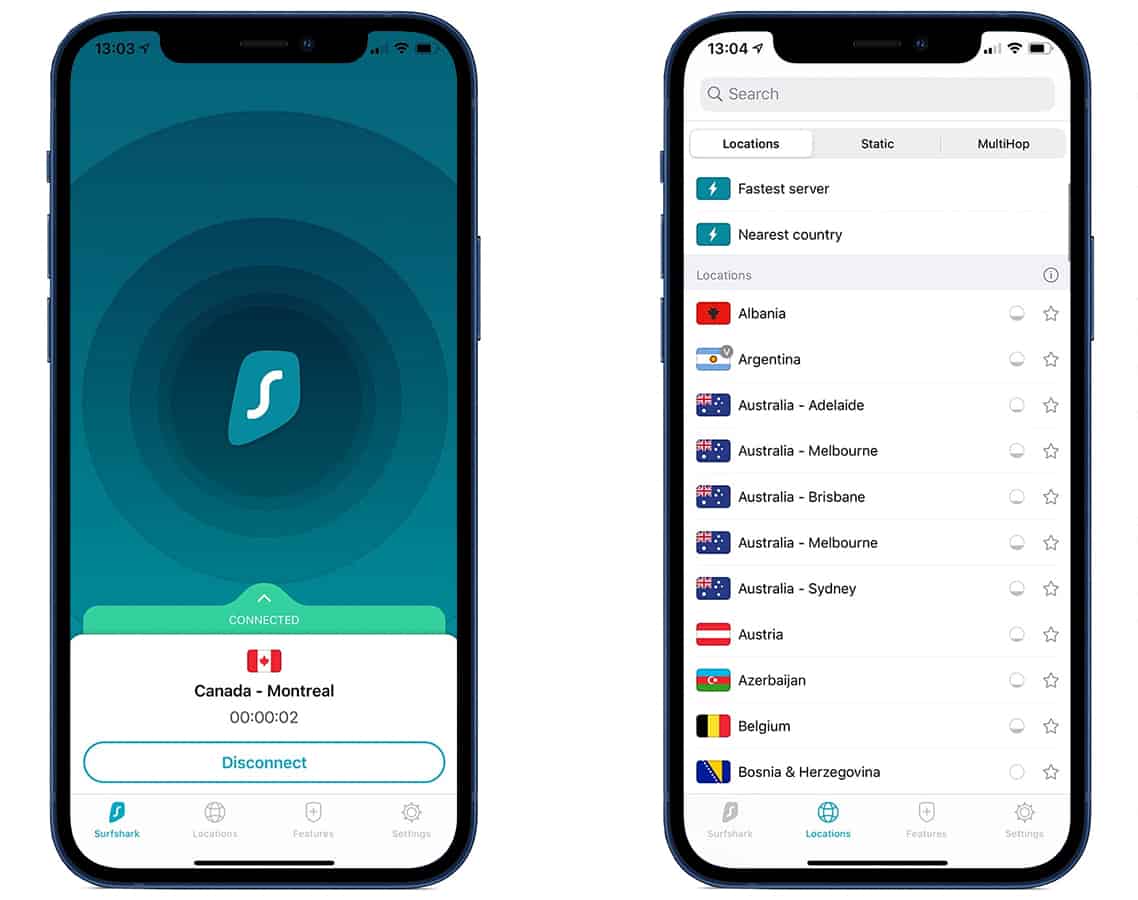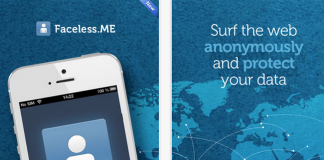If you have ever traveled abroad, you may have run into a common problem. You try to connect to some of your favorite websites — perhaps checking some social media accounts — and you can not access them. You check with a different device, and the problem persists. As long as you are in the country, those sites are unavailable. You find that you can not update Instagram for your entire trip. It caught you off guard, and it’s frustrating.

You have just run into geoblocking, and it can be a problem for a lot of people. It turns out that you can overcome this problem when you unblock sites using a VPN. To get to that point, it helps to understand better what is happening.
What Is Geoblocking?
Geoblocking is a practice where websites restrict access to content based on the user’s location. A very common example is Netflix. The site is accessed worldwide, and movies and TV shows are curated based on the country where the user is located.
In other words, if you log in from France, you will see different content compared to someone who logs in from South Korea. The content is attempting to cater to specific audiences, but Netflix goes a step further. Some shows and movies are utterly unavailable to South Korean audiences, which are available in France. Users in every country will encounter some level of geoblocking when using Netflix.
How Does it Work?
From a technological perspective, geoblocking is pretty simple. A website has to have your IP address to communicate with your device. In a literal sense, the website needs to know where to send information to interact with you.
Your IP address is a code that defines your physical location. It is used by websites (and the entire internet) to direct the flow of information. Since any website needs your IP address to interact with it, it is very easy for web designers to build restrictions based on location.
Using the Netflix example, they have to know where you are to send the video stream, so they can write code that blocks you from seeing content based on your IP address.
Why Do Sites Geoblock?
Why does geoblocking even exist? Why shouldn’t users from France and South Korea see the same content and choose what to watch for themselves?
On the surface, that seems like a simple question, but geoblocking is more complicated than that. A large amount of geoblocking stems from regulations. What is legal in one country may not be legal in every country, which is especially true on the internet. You might think of things that should be banned, but the culture in another country will disagree with you.

In the case of Netflix, a lot of geoblocking is rooted in publishing contracts. Netflix might be able to negotiate the rights to broadcast a French film, but not internationally. Between regulation and contract restrictions, geoblocking becomes necessary.
A third reason sites engage in this practice is to conserve resources. Again sticking with the Netflix example, let’s say a movie is wildly popular in South Korea but is only watched a few hundred times a month in France. If they remove the movie from the list in France, they reduce demand on their servers without angering a large audience. That might not seem like much, but when it is multiplied by thousands of movies across a hundred countries, they can save a lot of their resources without upsetting their audience.
How Can You Beat Geoblocking?
Regardless of why a website engages in geoblocking, you may not want to deal with it and can overcome this issue. If you want to access international content no matter where you are, the solution is simple. You need to trick the website into thinking that you are currently in a different country.
The easy way to do that is with a VPN. Virtual private networks route your internet activity through a server. The server acts as a middleman, and it can make a website think that you are located at the server’s IP address. So, if you can find a VPN server in a country with the content you want, you simply connect through that VPN, and the content will be unlocked.
It might sound complicated, but the practice is easy. When you use your VPN service, there will be a menu that allows you to pick a country. When you do, all websites will think you are located in that country and respond accordingly. You can switch to another country any time you pick, and that unlocks the entire internet.










![30 Best Cydia Repo Sources For iOS 16/15/14 Jailbreak [2024] best cydia sources 2020](https://cdn.unlockboot.com/wp-content/uploads/2020/06/cydia-sources-13-100x70.jpg)